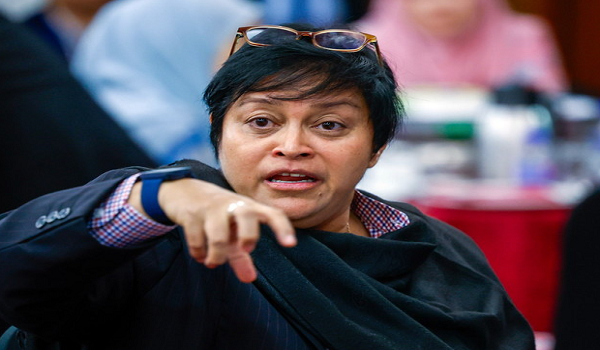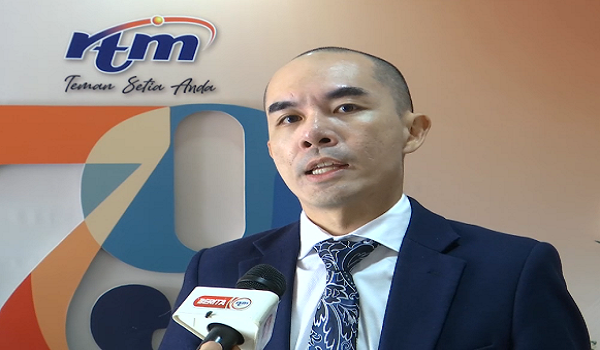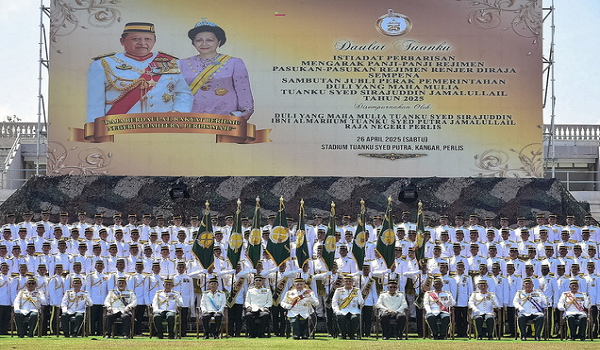As the blockchain-based gaming industry progresses towards mainstream acceptance, it is witnessing an increasingly concentrated hierarchy of executive roles. This trend was highlighted in the Blockchain Gaming Association’s fourth annual survey, which has become its largest to date, collecting insights from 623 participants within the Web3 gaming sector. The respondents ranged from C-suite executives to professional e-sports players, providing a comprehensive overview of the industry’s landscape.
The 2024 survey illuminated several key trends and changes within the blockchain gaming sector. While ongoing issues such as trust and user experience continue to hinder broader adoption, there has been notable growth in leadership roles and a significant influx of professionals with prior gaming industry experience.
- Leadership and Management: A striking 73.2% of respondents occupy upper management positions, with 46.7% in senior roles such as founders, directors, or C-level positions. This marks the highest concentration of senior leadership observed in the survey’s four-year history.
- Industry Consolidation: The report interprets the prevalence of senior roles as indicative of industry consolidation, attributed to tighter budgets and hiring slowdowns following the decline of the NFT boom in 2021.
- Shift in Expertise: There has been a discernible shift in the primary areas of expertise among those surveyed. Over half (52.5%) of the respondents now cite gaming as their main professional domain, a significant increase from previous years. Conversely, those identifying primarily as blockchain or cryptocurrency specialists have decreased to just 10.8%.
The blockchain gaming industry is poised for entry into the AAA gaming market by 2025, with major launches expected from industry giants such as Ubisoft, Square-Enix, and CCP. This anticipation of integration into the mainstream gaming market presents both opportunities and challenges:
- Youth Engagement: Only 6.1% of survey respondents were aged 18 to 24, suggesting potential difficulties in attracting younger talent and audiences—a crucial demographic for the sustainability and growth of the sector.
- Gender Diversity: The survey also highlighted ongoing challenges with gender diversity. About 82% of respondents identified as male, with this percentage increasing among the highest levels of employment—87.2% of CEOs, founders, directors, and C-level executives are male.
Gender Diversity in Blockchain Gaming
| Role | Male Percentage | Female Percentage |
|---|---|---|
| Overall Respondents | 82% | 18% |
| Senior Executives | 87.2% | 12.8% |
As the blockchain gaming sector prepares for significant developments in 2025, these dynamics underscore the evolving nature of this industry. The increase in seasoned gaming professionals entering the blockchain space suggests a maturation and potential readiness for mainstream gaming audiences. However, the demographic challenges and ongoing consolidation may pose risks to innovation and diversity within the sector.
Author’s Opinion
The current trajectory of the blockchain gaming industry, with its increasing centralization of leadership and influx of gaming veterans, paints a picture of a sector on the brink of significant transformation. As we approach the anticipated AAA game launches in 2025, it is crucial for the industry to address the underlying challenges that could stifle its growth and acceptance. Enhancing youth engagement and improving gender diversity are not just ethical imperatives but strategic necessities that will define the sector’s ability to innovate and appeal to a broader audience. By fostering a more inclusive and diverse industry environment, blockchain gaming can better leverage its unique capabilities and deliver on its promise of revolutionizing the gaming experience.













